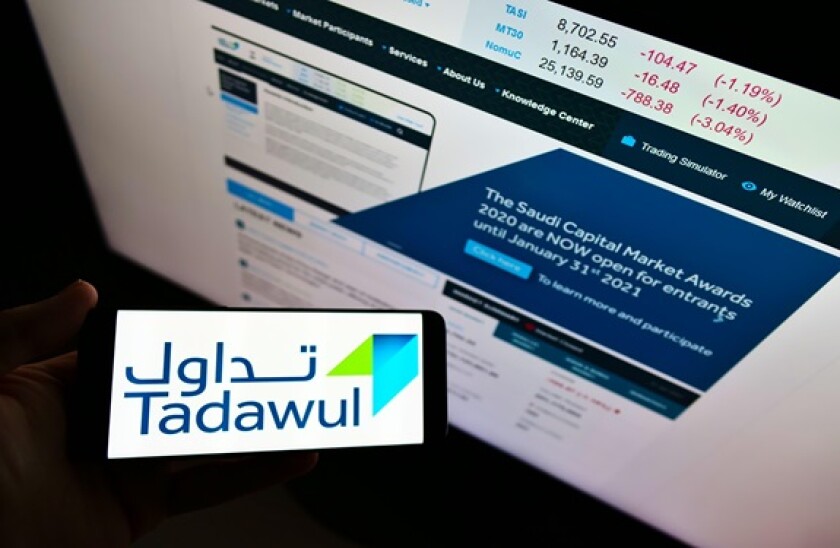After a huge wave of flotations over the past few years in the Middle East, the next step for equity capital markets in the region is the development of a liquid market for follow-ons and a vibrant pipeline of private sector IPOs.
Since 2022, the rulers of Saudi Arabia and the UAE have proven that they are serious about building out the liquidity and sophistication of their local equity capital markets and attracting foreign capital to help fund the diversification of their economies away from fossil fuels.
The two oil-rich gulf states have been responsible for the bulk of the IPO boom in the Middle East, which has bucked a global downturn. Since the start of 2022, the record breaking year for IPOs in the region, over $37.7bn has been raised via IPOs in the Middle East, Dealogic data shows. That compares to $49.4bn raised via IPOs in Europe across the same period.
The deals are coming thick and fast, with the IPO of Dubai supermarket group Spinneys last week, the privatisation of Parkin in March, and the expected flotations of Abu Dhabi flag carrier Etihad, low cost carrier Flynas in Saudi Arabia, and grocery chain Lulu’s in the second half.
But most of the deal flow in recent years has been driven by state-owned enterprises, or state-adjacent companies.
The Public Investment Fund (PIF) of Saudi Arabia has listed dozens of its portfolio companies, while in the UAE, Adnoc in Dubai has listed six of its subsidiaries, and the Dubai government has an agenda to privatise a dozen state assets and has so far completed the IPOs of six following the flotation of Parkin.
A wave of privatisations by the state was necessary to kick-start IPOs in the region, but there has been very little follow-on activity since, making many of these companies illiquid given the high levels of investor demand for stock. The freefloat of companies on the Tadawul, Dubai Financial Market and the Abu Dhabi Exchange tend to be small, with little scope for improvement due to the lack of follow-on activity.
In the space of a few years, Middle East has transformed itself into a vitally important source of deal flow, where investment banks must play to be considered top players in ECM.
But the commendable progress that has been made must now go further, with the development of a liquid blocks market in the region, which will enable international investors to increase their exposure to local companies, and the introduction of more truly private businesses to the local markets.
These are the next two metrics to judge whether the region’s ECM revolution can be judged successful or not.

